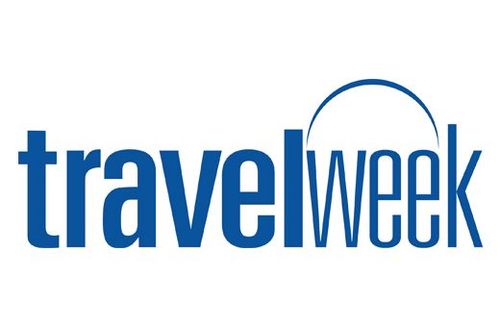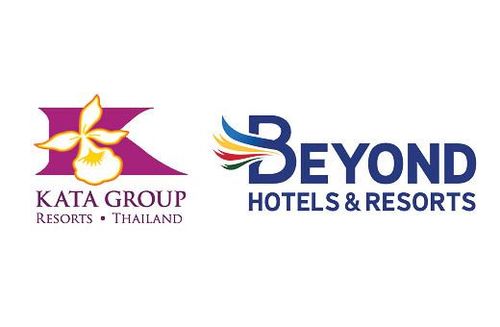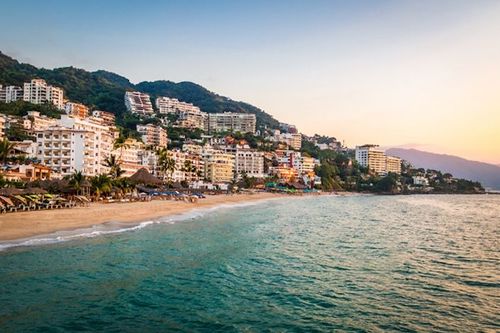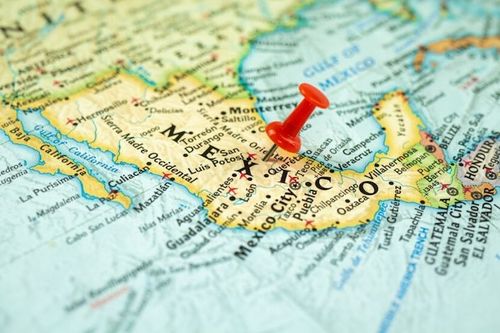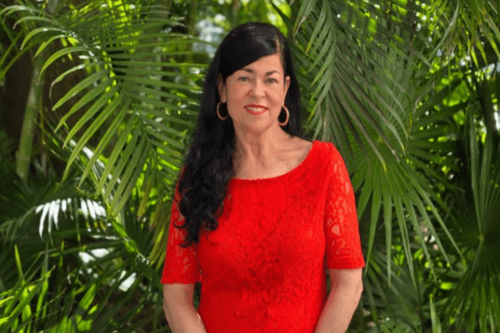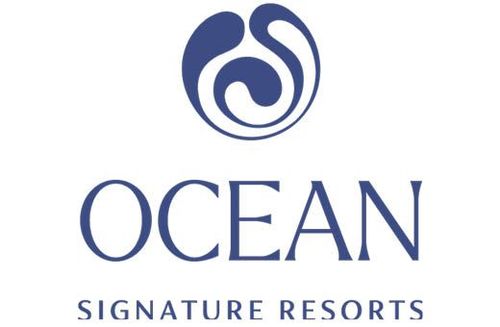Where travel agents earn, learn and save!
News / Update from the feds on vaccine passports for travel, and financial aid as CRB winds down
Trudeau said that all of the provinces are onboard for a standardized proof of vaccination system, “federally approved and issued by the provinces.”
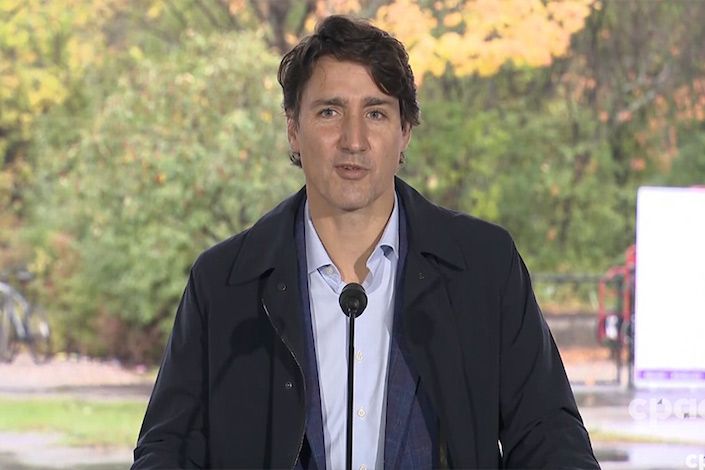
For months the federal government has said Canada’s proof of vaccination system for international travel would be ready by the fall.
Now comes word that this first stage of proof of COVID-19 vaccination for international travel will be ready “very, very shortly,” said Prime Minister Justin Trudeau today, although there were no further timelines beyond that.
At a briefing on October 21st Trudeau said that all of the provinces are onboard for a standardized proof of vaccination system, “federally approved and issued by the provinces.”
Currently travellers upload their proof of vaccination via the ArriveCAN app.
As reported by Travelweek, Trudeau had indicated from the campaign trail in September that the federal government would be open to adding federal certification for international travel to provincial vaccine passports.
It sounds likely, but it’s not yet 100% clear if that’s how the new pan-Canadian proof of vaccination certificate could work.
The list of provinces with vaccine passports continues to grow. Vaccine passports / proof of vaccination requirements for non-essential activities are now up and running in Ontario, New Brunswick, Alberta, B.C., Quebec, Manitoba, Newfoundland and Labrador, Saskatchewan and Nova Scotia. However systems vary from province to province.
“We do have 100% compliance” from all the provinces and territories, he said. “All have agreed to a national standard of proof of vaccination for international travel.”
Trudeau added: “We’re very confident that this vaccine passport, federally approved and issued by the provinces, will be recognized worldwide.”
He said the vaccine passport for travel will be via QR code. “It will be a single extra step upon check-in” at the airport.
Post-election Trudeau listed his top 5 to-do’s on his list as the Liberals form the next government. Travel took two of the five spots. Number two on the list was mandatory COVID-19 vaccinations for any Canadian traveller, a policy that comes into effect October 30. And number three was making sure that there’s a vaccine passport to facilitate international travel.
For now travellers can upload their proof of vaccination to the ArriveCAN app.
By October 30 anyone over the age of 12 getting on a train or plane in Canada must show proof of full COVID-19 vaccination.
Federal Government Financial Support Programs
Also announced today, Deputy Prime Minister and Finance Minister Chrystia Freeland updated the federal government’s financial support programs.
CRB, a lifeline for the travel industry during the pandemic, especially independent travel agents, is set to end this Saturday, October 23, 2021.
“We are winning the fight … but the recovery is uneven,” Freeland said today.
While the updates sound promising, only an analysis of the fine print will reveal exactly how and if the retail travel sector will benefit from these programs.
Freeland announced the following updates, effective October 24, 2021…
Tourism & Hospitality Support Program
A new ‘Tourism & Hospitality Support’ program, will be provided to employers in impacted sectors through wage subsidy and rent assistance programs. “We’re talking here for hoteliers, restaurateurs and travel agencies,” said Freeland. “They are still facing restrictions linked to public health and travel.”
Freeland says the subsidy rate for the Tourism & Hospitality Support program will be very targeted, from 40% for those who have suffered revenue losses up to 40%. The rate will increase, up to 75%, for revenue losses up to 75%.
Hardest Hit Recovery Program
Another new program, the Hardest Hit Recovery Program, will be available to employers who can show they have faced “deep and enduring losses” and will provide support through wage subsidies and rent subsidies. “The subsidy rate for this group will start at 10% for applicants with a 50% revenue loss, increasing to a maximum 50% subsidy for those with 75% revenue loss,” says Freeland.
Support through both the ‘Tourism & Hospitality Support’ program, and the Hardest Hit Recovery Program, will be available from October 24, 2021 – May 7, 2022. From March 13 – May 7, 2022, support will decrease by half. Eligibility for the two programs will be a two-key system, she adds. “One key will consider whether the employer has faced a significant revenue loss over the course of 12 months of the pandemic. The second key is revenue loss in the current month.”
Lockdown Benefit
A new ‘Lockdown Benefit’ of $300 per week, for workers “subject to a lockdown”, was also designed for those who aren’t eligible for EI, said Freeland. This benefit will be available until May 7, 2022.
One reporter asked how CRB recipients are expected to transition to the Lockdown Benefit, and how it will work.
Freeland had this to say in response: “If the fourth wave or an unexpected wave [of COVID-19] was to hit us, that [Lockdown Benefit] support will snap back into place for workers.”
Canada Recovery Hiring Program (CRHP)
The Canada Recovery Hiring Program (CRHP) will be extended until May 7, 2022 at a rate of 50%.



